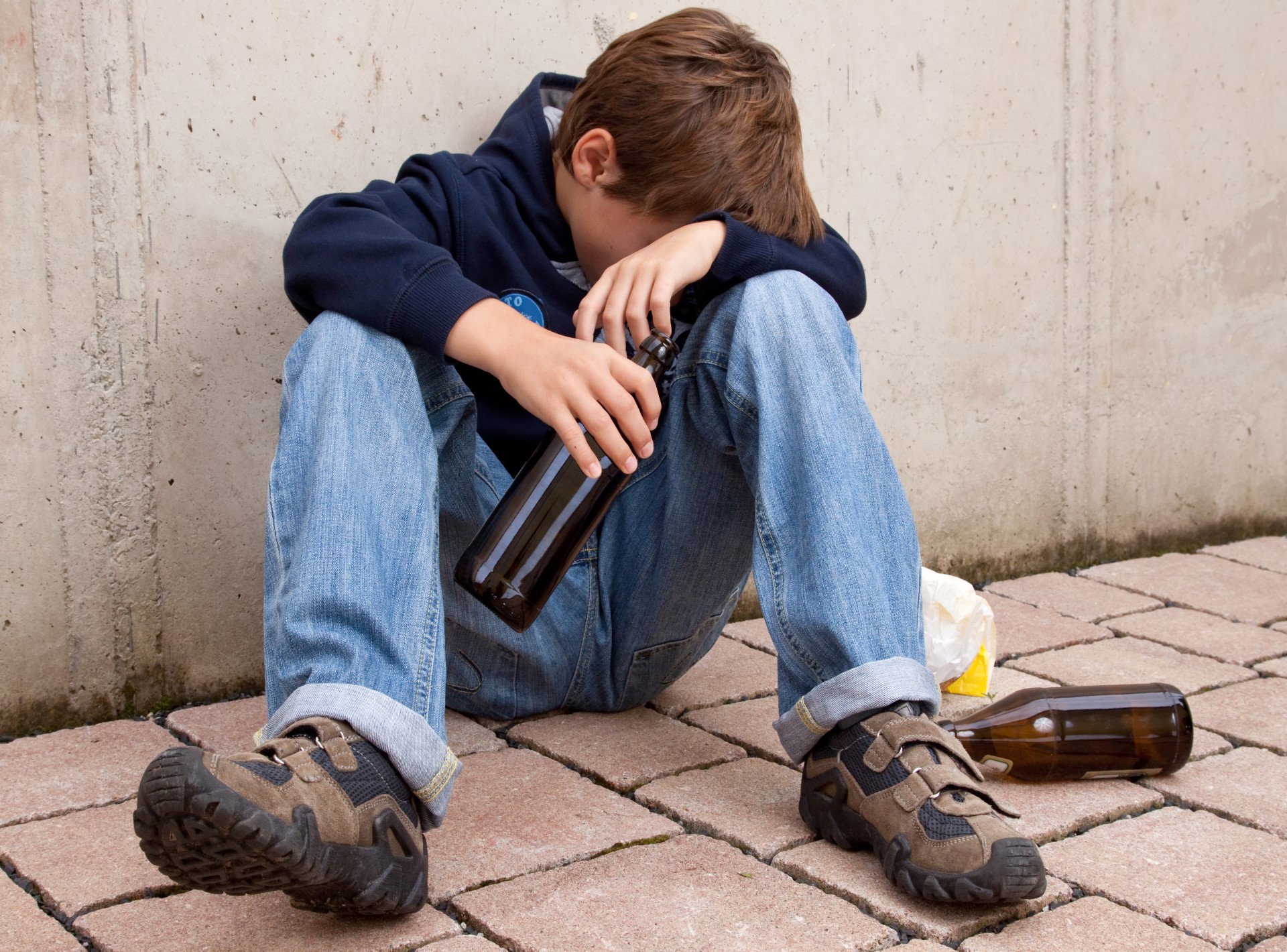 Australian researchers have revealed that West Australian parents are no longer as likely to give their underage kids access to alcohol.
Australian researchers have revealed that West Australian parents are no longer as likely to give their underage kids access to alcohol.
The collaborative investigation by the George Institute for Global Health, UNSW Sydney, the Mental Health Commission of WA, and the WA Cancer Council, found that between 2013 and 2019 the parental provision of alcohol to minors dropped from 40% to 27%.
By comparison, longitudinal national data indicated that adolescents who consumed alcohol during this time had increasingly accessed it through their parents, with around one-third of Australian adolescents aged 14–17 years consuming alcohol, and 6% engaging in ‘very high consumption,’ or more than 11 standard drinks in a sitting.
Lead author, UNSW’s Dr Leon Booth, explained that in the 2019 National Drug Strategy Household Survey, 44% of 14- to 17-year-old drinkers in Australia nominated their parents as the source of their first alcoholic drink (up from 30% in 2010) and 42% reported their parents as their usual source of alcohol (compared to just 25% of respondents in 2010).
“Despite the associated risks, parental provision of alcohol to underage children is still relatively commonplace in WA, and campaigns should continue to inform parents about alcohol guidelines and harms associated with underage consumption,” Dr Booth said.
“Furthermore, the effectiveness of future campaigns could be enhanced by targeting households with parents who are older and heavier drinkers and by including content that challenges permissive views on alcohol provision to minors.
“In addition, emphasising that most parents abstain from providing alcohol to their children could challenge misperceptions that provision is commonplace and therefore socially acceptable.”
The study, published 13 March 2023 in the Drug and Alcohol Review, collected data from 2,635 parents and guardians aged 25–64 years, who were responsible for children aged 12–17 years between 2013–2019.
Annual cross-sectional online surveys were conducted and assessed variables included parents’ demographic characteristics, alcohol use, awareness of the relevant Australian alcohol guideline, attitudes to parental provision of alcohol and provision behaviours.
“Knowledge of the alcohol recommendation for minors was examined by asking ‘To the best of your knowledge, what are the guidelines in terms of under 18s drinking alcohol?’” the authors explained.
“Even though multiple response options were provided, only selecting ‘They should not drink any alcohol at all’ was considered correct.”
All the examined variables except socio-economic position were significantly associated with parents’ alcohol provision.
Respondents who were older, female, and heavier drinkers were the least likely to know about the recommendation for minors, had more permissive attitudes to alcohol provision, and were more likely to report that they or their partner provided alcohol to their children.
Interestingly, the proportion of people surveyed who abstained from alcohol each year remained stable – hovering around 11% – however overall, West Australians continued to drink more alcohol in comparison to the national average.
In 2019, nearly one in five (17.2%) reported drinking more than two standard drinks on any day – compared to 16.8% nationally – and one in four (25.9%) consumed more than four standard drinks in one session at least once a month, compared to 24.8% of other Australians.
The Sustainable Health Review Final Report, published in April 2019, recommended WA target a 10% reduction in alcohol use by 2024 as a priority, given the significant impact of alcohol on individuals, communities, and the State’s health system.
For example, that year West Australians attended hospital an estimated 20,917 times for alcohol-attributable conditions, equating to around one hospitalisation every 25 minutes and costing the State Government an estimated $172 million.

